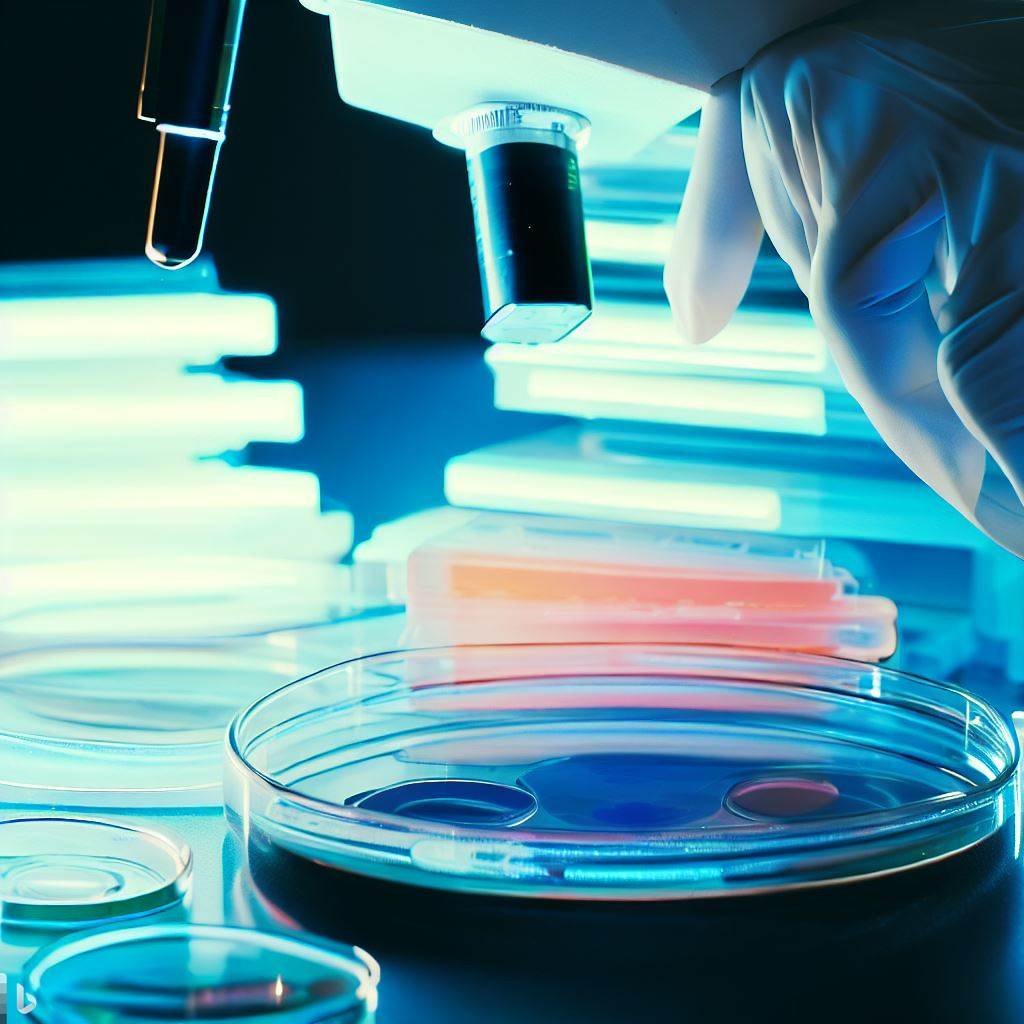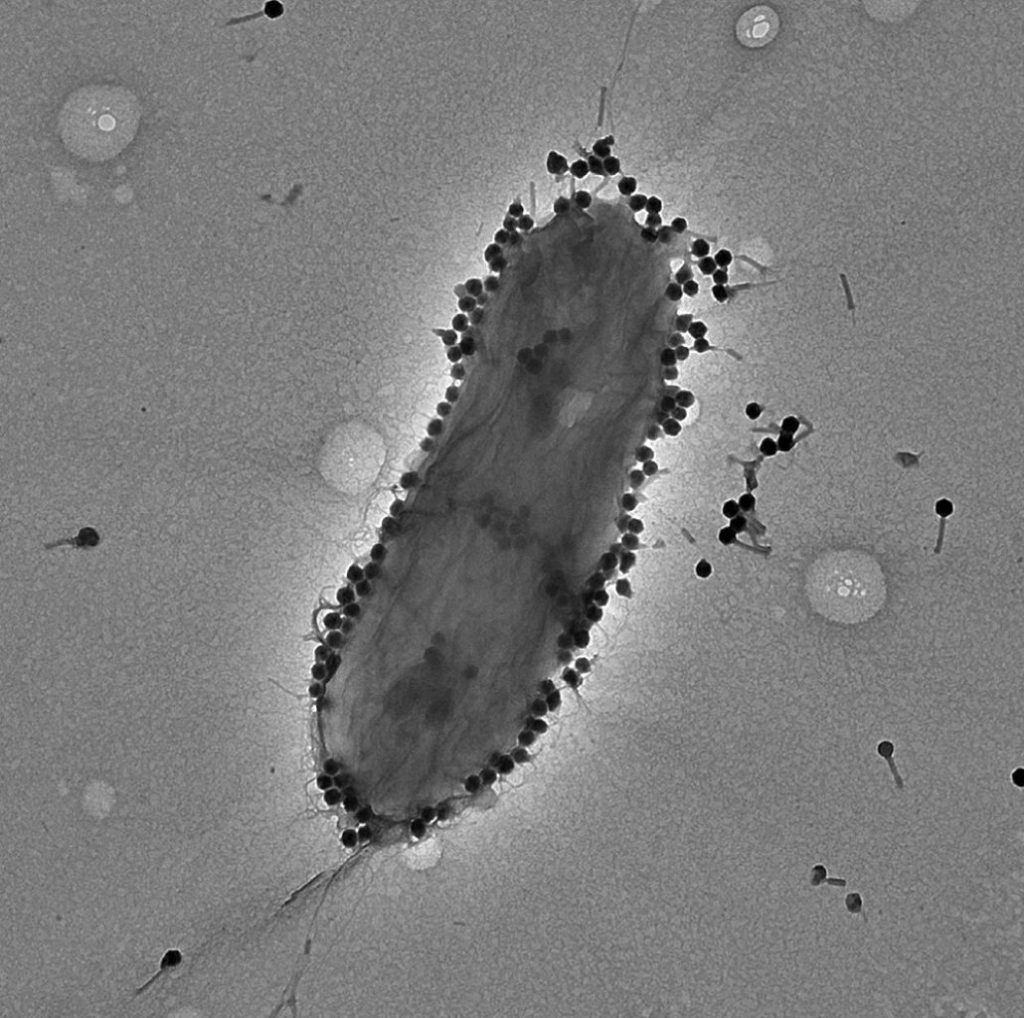Urinary tract infections (UTIs) have plagued humanity for centuries, causing discomfort and pain during urination. These infections are predominantly caused by three types of bacteria: Escherichia coli, Klebsiella, and Enterococci. For decades, antibiotics have been the go-to solution to combat UTIs, but their widespread use has led to an alarming increase in antibiotic-resistant bacteria. As a result, scientists are now searching for innovative alternatives to tackle these stubborn infections.
Enter bacteriophages, or phages for short, the natural predators of bacteria. These tiny viruses have the unique ability to target and destroy specific bacteria with surgical precision, making them the ideal contenders for a new approach to UTI detection. Rather than focusing on phage therapy, researchers have now set their sights on harnessing the power of phages for rapid pathogen identification.
The prevalence of UTIs is staggering, with a lifetime incidence of 50-60 percent in adult women, as revealed in a 2019 study. Conventional testing methods typically take several days to identify the causative bacteria in a patient’s urine sample. Consequently, doctors often prescribe antibiotics to manage the infection, without certainty about their effectiveness against the specific bacterial strain responsible.
However, a groundbreaking collaboration between ETH Zurich and Balgrist University Hospital has yielded a revolutionary solution. The researchers successfully developed a phage-based test capable of pinpointing the bacteria responsible for the infection within a matter of hours.
In this ingenious test, the scientists ingeniously modified the genetic makeup of bacteriophages to prompt harmful bacteria to emit distinctive light signals. With this modification, identifying harmful bacteria in urine samples became a swift and efficient process, taking less than four hours. This rapid detection means doctors can now prescribe targeted medication to treat UTIs caused by specific bacterial strains, eliminating the need for blind antibiotic therapy.
Phages, operating like skilled snipers, exclusively target their bacterial prey, making them an optimal candidate for precision medicine. To amplify this inherent advantage, researchers genetically enhanced the phages’ ability to destroy bacteria. The modified phages not only infect their intended targets but also generate additional phages and bacteriocin proteins. These proteins possess extraordinary efficacy in annihilating bacteria, particularly those that have developed resistance to traditional phages.
The implications of this rapid bacteriophage-based test are profound, offering a potential solution to the increasing problem of antibiotic resistance. By promptly identifying the culprit bacteria and prescribing targeted medications, the unnecessary use of antibiotics can be reduced significantly. This, in turn, can help curb the development of antibiotic-resistant strains and safeguard the effectiveness of existing antibiotics for other critical medical conditions.
The race against antibiotic resistance is an ongoing challenge, and innovative approaches like the bacteriophage-based test bring a glimmer of hope. With further research and development, we may witness a new era of UTI detection, one that enables quick and precise identification, sparing patients unnecessary suffering and the healthcare system the burden of antibiotic resistance. As we look towards the future, this exciting scientific breakthrough could pave the way for more effective strategies in the battle against infectious diseases. (For more information, you can refer to the research published in the Nature journal: https://www.nature.com/articles/s41467-023-39863-x)




